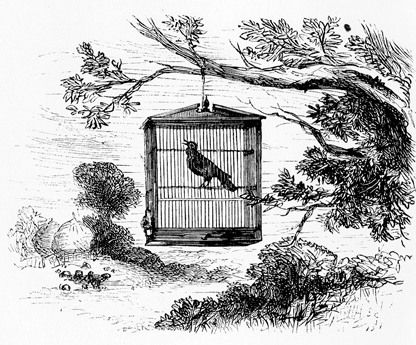Reality, Racism, and Resilience: I Know Why The Caged Bird Sings Review
08 Dec 2018 - Anthony

I Know Why the Caged Bird Sings is a 1969 coming-of-age autobiography by Maya Angelou retelling her childhood.
As an autobiography, this book has given me a perceptively captured window into another time and another life.
I Know Why the Caged Bird Sings describes Angelou's trials, tribulations and triumphs during her childhood. Often, the events detailed involve her meeting cruel realities of the world. For example, she was raped, and felt guilty at the ensuing events. She saw very clearly the great inequalities between the black side of town and the white side, and the way the cotton pickers came to her grandmother's store at the end of the day so worn-out and defeated.
All of this is told in a relatively matter-of-fact fashion. Even the more vivid emotional events are dampened by the use of long sentences and complex structures. However, the memoir is also narrated realistically, in that it authentically retains a feeling as if a child is narrating. Thus, Angelou is able to create a trustworthy point of view for her readers, by describing her undeniably childlike emotions and reactions to the major events of her life.
This book took me several months to read. First, because of the diverse sentence structure and vocabulary (perhaps due to the time period when the memoir was written, maybe a little too wordy), and secondly, because of the distinctness of each story. The book is divided between individual events in Angelou's life, with little relation to each other beyond that they all helped shape the person into who she is today. Therefore, it's relatively easy to pick up and put down this book, because there are no cliffhangers to keep the pages turning nonstop.
Overall, I enjoyed the book because it offers a window into someone else's life: in the South, in the 1930s and 1940s, as a black girl, as a daughter with divorced parents, but more importantly, as Marguerite Johnson, a girl imbued with a truly relatable personality and character.